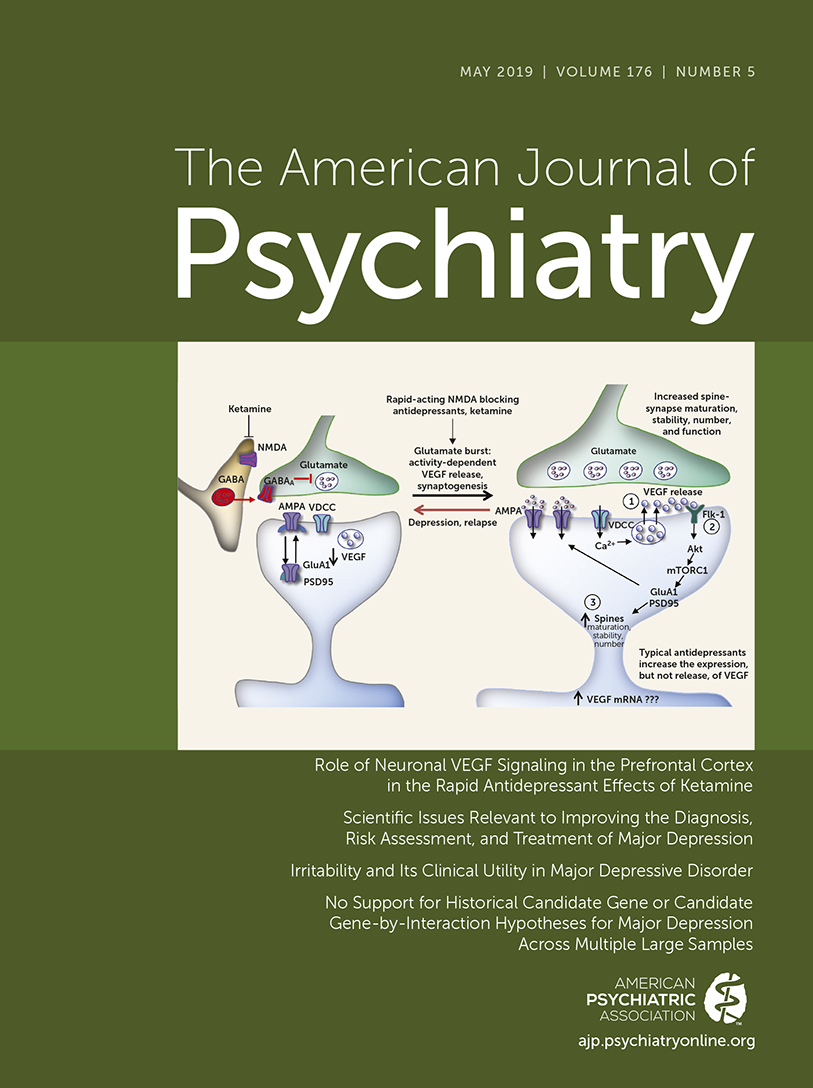Scientific Issues Relevant to Improving the Diagnosis, Risk Assessment, and Treatment of Major Depression
Abstract
Over the past two decades, research in the biology and treatment of major depression has led to advances in our understanding of the biology of the disorder and to the development of novel treatments. While progress has been made, a number of key issues have emerged regarding diagnosis of the disorder and how we develop and test new therapies. Among these are the potential need to include new dimensions in the diagnostic criteria, the limited utility of clinical predictors of response, the moving away from traditional blinded trials in major depression, and whether preclinical models tell us much about novel drug development. These issues need to be addressed to avoid the field’s embarking on trails of research and treatment development that could actually mislead or misdirect our efforts to develop better diagnostic tools and more effective treatments. Possible solutions to these problems are proposed.



